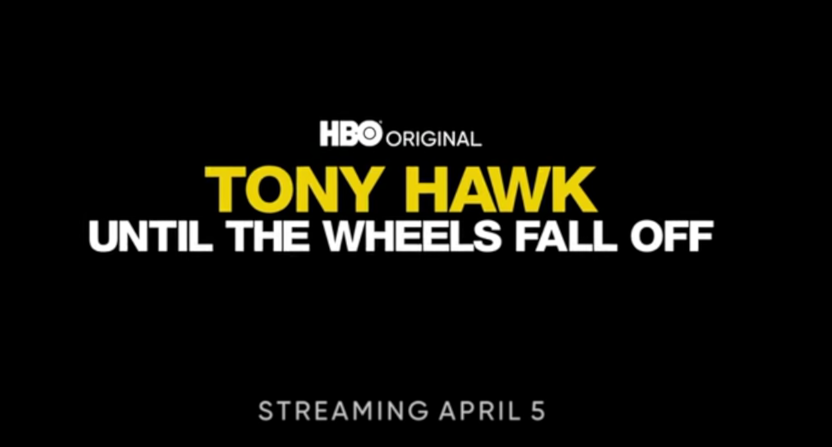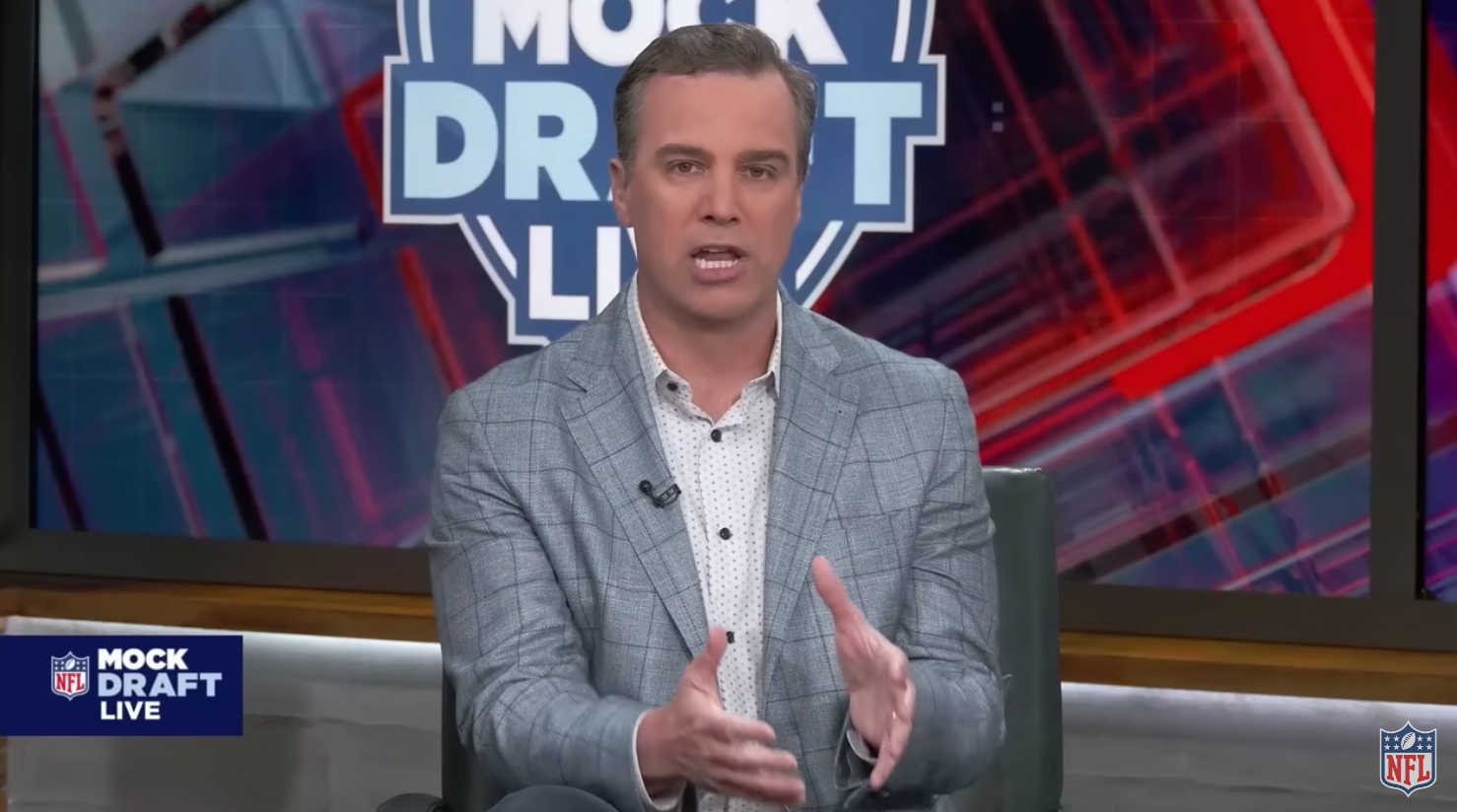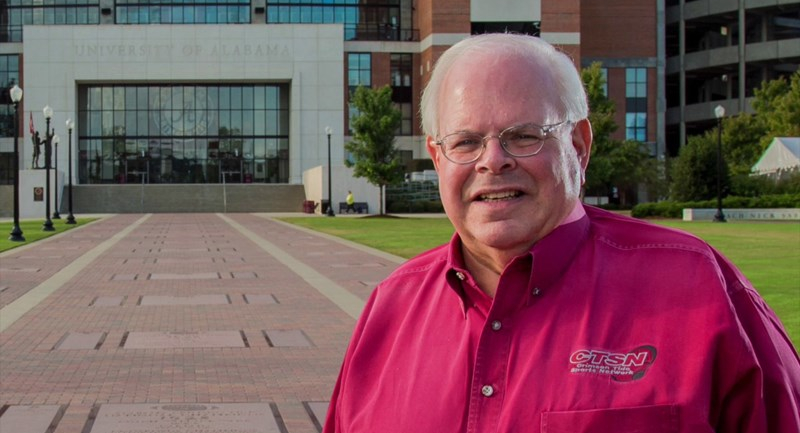One of the most interesting things about the remarkable career of 53-year-old skateboarder Tony Hawk is the extent to which his career hasn’t just been about him. Absolutely, Hawk has had an amazing run in his own right, winning countless contests in the 80s and 90s, becoming the first to land a 900 in competition in 1999, launching arena tours after that, lending his name to (and doing motion-capture and consulting work for) an incredibly popular video game series, and helping get skateboarding into the Olympics and then advocating for today’s skateboarders on NBC Olympic coverage.
But with a lot of those things, it hasn’t just been about Hawk himself. The arena tours, the videogame series, and more have all benefited from a strong lineup of skateboarders who have signed on, and who have gained the benefits of Hawk’s wider recognition. And HBO documentary Tony Hawk: Until The Wheels Fall Off (premiering Tuesday night at 9 p.m. ET/PT on HBO, also available to stream on HBO Max) is a strong indication of that. This documentary has a lot of interesting new interview footage with Hawk, and great archival footage of him as well, but some of what stands out most are the extensive perspectives from other skateboarding figures, and from Hawk’s family. The Tony Hawk name is a great way to get casual viewers in the door, and his own story is fascinating and is the main focus of this film, but this also can be seen as somewhat of a whole history of skateboarding over the last few decades.
And it should be noted that this is the latest addition to an absolutely stellar run of extreme sports documentaries from HBO. From Momentum Generation (surfing) to Dear Rider (on snowboarding pioneer Jake Burton Carpenter) to Any One of Us (mountain biking/spinal cord injury) to the 100-Foot Wave docuseries (big-wave surfing), HBO has been delivering an incredible lineup of thoughtful extreme sports stories that both touch on their specific subjects and on the wider context of the sport in question. And it’s interesting and notable that they’ve been able to do that. There are plenty of other outlets doing sports documentaries, many of them good, but HBO really seems to have cornered the extreme sports documentary market for the moment. And they’ve done an amazing job of selecting a great group of films in that category.
An interesting element that runs through Until The Wheels Fall Off is how Hawk is both simultaneously relatable and not relatable. The man has incredible skills on a skateboard, and almost none of the viewing audience can come close to what he’s able to do there. But this is a documentary about the person as well as the skateboarder, and director Sam Jones and producers Mark Duplass, Jay Duplass, and Mel Eslyn do a remarkable job of helping viewers relate to the person. And Hawk is to be admired himself for his vulnerability and honesty here; throughout the film, he talks about his undiagnosed neurodivergent tendencies, his difficulty of relating to his much-older siblings and to his parents’ troubled relationship, his own relationship and parenting failings, and the various times he’s had to take a step back and figure out how to be better. And while none of us in the audience will likely ever be able to do what Hawk can on a skateboard, there’s a lot to relate to in his roller-coaster ups and downs (from high-flying international star in the 80s to broke in the 90s to rock star in the late 90s and early 2000s) and in the challenges he’s found in life.
And a great aspect of Until The Wheels Fall Off is how it doesn’t solely center on Hawk’s own perspective. Throughout the film, we hear from his siblings Steve, Pat, and Lenore, and from skateboarding figures like Bones Brigade founder Stacy Peralta (who helped give Hawk his first real shot, and helped him through the transition from amateur to pro), and from a wide variety of skateboarders who both liked and disliked Hawk and what he was doing. Rodney Mullen, Mike McGill, Lance Mountain and more are in that first category, but the documentary never places Hawk on a full pedestal, and it includes times when even Peralta was critical, plus a lot of criticism from the likes of Duane Peters and Steve Caballero. But it also shows those critics eventually coming around to Hawk in the end.
Part of what’s so interesting about Until The Wheels Fall Off is from other skateboarding figures’ assessments of Hawk. There are a lot of good ones contained in this two-hour, 15-minute film, including one from Mullen on what makes Hawk stand out. “I think watching Tony learn and fall is more interesting than watching him land tricks, because you can see how fast he rifles through something called the calculus of variations, how he corrects himself and gets to the right spot fast. That, to this day, is unparalleled.”
Another element that stands out with this documentary is with the power of repetition. In an age of highly-edited extreme sports films, we’re conditioned to seeing success a lot of the time. But that wasn’t the case with some of Hawk’s most famous moments, which came from failing, failing, failing, trying again, failing, trying again, and then eventually landing it. The film even starts with a montage of Hawk falling, and its segment around Hawk’s famous 1999 X Games 900 is fascinating on that front. The clip that’s been shared a million times in our current age is of the time Hawk finally lands it, but we don’t usually see the five-plus fails leading up to that. As Steve Hawk says in this documentary, “That moment in sports history, only could have happened in skateboarding, because in any other sport, the clock ran out, it was done. That couldn’t have happened if skateboarding was in the Olympics.”
But perhaps the overriding theme here is that this isn’t just about Hawk. And that’s covered throughout the run of this documentary, and there are plenty of fascinating angles there, including the discussion of his father Frank’s role in founding the National Skateboarding Association. There are lots of interesting comments from other riders about how that made them dislike Tony at the time, and how they perceived bias, and comments from Tony himself on the ostracism challenges that led to for him. But many of those riders said later they now realize how much value Frank brought to the sport, and how he helped lift it further into the mainstream. And that’s also the case with Hawk’s arena tours and videogames; yes, he’s been the biggest name there, but each of those have helped to elevate many other skateboarders into the public consciousness.
As for what’s ahead for Hawk himself at 53, and for many of these other older skateboarders, it’s notable that the quote that gives the documentary its title doesn’t come from Hawk. Instead, it comes from Rodney Mullen, who is generally a fascinating interview here: he came up at the same time as Hawk, and was in the Bones Brigade with him, but they wound up as close friends rather than competitors thanks to their different styles (Mullen is one of the world’s most-renowned street skating legends, while Hawk specializes in vert skating). Jones utilizes a lot of clips from Mullen throughout this documentary, and they provide a great insight into Hawk. But a quote from Mullen near the end is perhaps the most indicative of why he, Hawk, and others continue to push the limits even at an older age:
“When I’m done with this, that will be what it is, and I’ll find a way. But there’s something inside of me propelling that I’m not going to give up until the wheels fall off. That’s what I’m made of.”
And there’s something powerful and fascinating about that message, and it’s maybe applicable beyond the realms of skateboarding. Yes, Hawk, Mullen, and the others featured here are incredibly skilled, and they can do things many of us can never dream of. But Until The Wheels Fall Off stands out for also showing how incredibly relatable they are. There’s so much to admire with these skateboarders, and to try and channel in our own arenas. And we all have to find our own ways to go until the wheels fall off.
Tony Hawk: Until The Wheels Fall Off premieres Tuesday night on HBO at 9 p.m. ET/PT, and is also available to stream on HBO Max.







